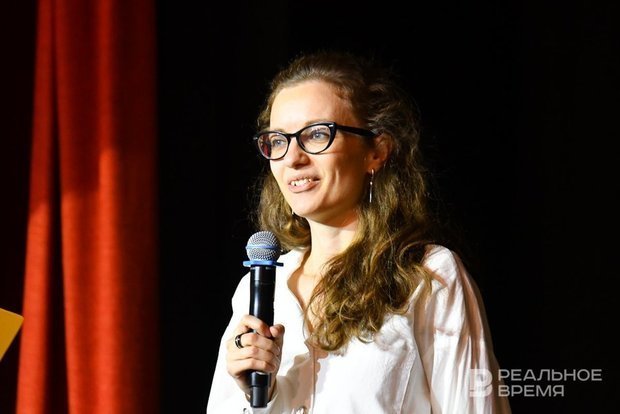'Knowing your ancestry is, first of all, culture’: first genealogy forum takes place in Kazan
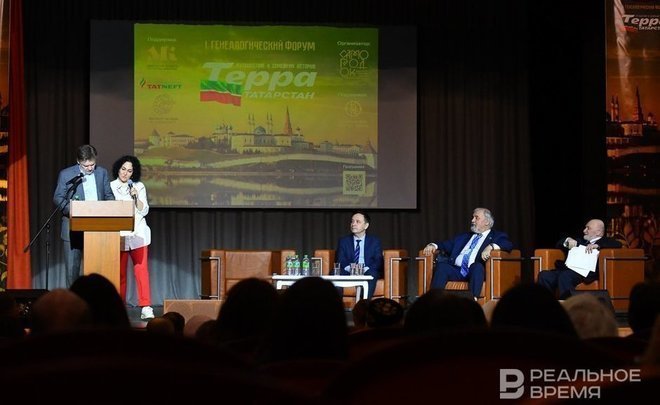
Terra.Tatarstan — the first Kazan forum dedicated to genealogy has been held this weekend at the Pushkin Cultural Centre. Researchers of family histories, local historians, archivists discussed various aspects of the discipline popular in Russia. The forum was given weight by the presence of President of the Russian Genealogical Society Igor Sakharov and President of the Russian Genealogical Federation Stanislav Dumin. The latter, for example, talked about the Lithuanian Tatars, to which his relatives belong, showing their pedigrees and coats of arms. Read the details in the material of Realnoe Vremya.
First the forum, then club and magazine
The organiser of the forum was Samorodok ANO, which is going to start holding meetings of the genealogical club of the same name in February. Its director Vladimir Romanov said that the State Archive of the Republic of Tatarstan was not among the partners — according to him, after an hour and a half conversation, the head of the department, Gulnara Gabdrakhmanova, decided not to participate in the project.
“Knowing your ancestry is, first of all, culture. Knowing more about the country you live in. It's one thing to use history textbooks, it's another to see epochal events through the fate of relatives. Genealogy makes it possible to understand and understand why you are the way you are. To feel your belonging to this land, your homeland. Find hidden talents in yourself on the example of the ancestors' activities. And, most importantly, to find an answer to three main questions — who we are, from where and where," Romanov noted.
A guidebook is also being prepared for release in early March, in which local historians, historians, archivists, and activists took part. There are also two articles by the late Lev Jarzhevsky. The guidebook is divided into five blocks: the first gives basic information about working methods, history, the second is devoted to confessions, ethnoses, specialised search, the third talks about topics necessary for the researcher such as writing, kinship terms, naming traditions and so on, the fourth eyes cling to the article “How genealogy helps to revive rural architectural gems”. And the fifth one tells about genealogical tourism.
The second organiser is Svetlana Agapova, the author of online courses on the layout of books and ancestral trees. An exhibition was devoted to the latter phenomenon, where it was possible to see how differently people approach the compilation of a pedigree. Some have the author himself at the beginning of the tree, while others have his oldest ancestor. Someone does not know all great-grandparents, but writes them by numbers. Some supplement their surnames with photos and facts about their native land.
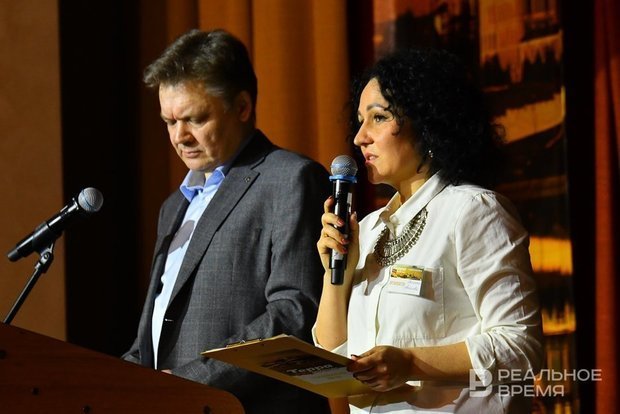
“It's all about your ancestors”
Certainly, among the participants, including the organisers, there were those who are engaged in genealogy on a professional and even commercial basis. According to an employee of one of these firms, the demand for drawing up pedigrees is incredible:
“Now many people go to psychologists, and they say — perhaps, it's all about your ancestors. We don't understand how knowing about them will help solve problems, but we provide services.
A popular form is writing a small book. Its cost in Kazan is around 100 thousand rubles, and in Moscow these figures can reach up to half a million. Sometimes the customer asks to remove some objectionable facts — after all, you want a beautiful family history so that you can then show friends and relatives. However, as one of the organisers of the forum, Dilara Gafiatullina, the author of the Tugannar blog, said, if criminals, suicides are found in the family, it would be good to first analyse their history, find out the reasons, the repeatability of these events. However, the topic of the connection between psychology and genetics was not particularly touched upon at the forum, limiting itself to a lecture on psychogenetics, which is not the most unambiguous from the point of view of the legitimacy science.
The forum was given weight by the presence of President of the Russian Genealogical Society Igor Sakharov and President of the Russian Genealogical Federation Stanislav Dumin. The latter, for example, talked about the Lithuanian Tatars, to which his relatives belong, showing their pedigrees and coats of arms.
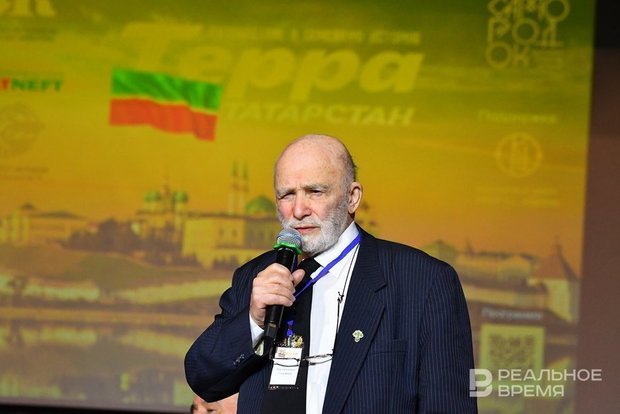
Call your parents
At the forum, in general, it was clearly felt that Russia is a multinational country. Many speakers noticed in passing that they study both Tatar and Russian villages — because they have ancestors from both there and from there. Mutual assistance was also the motive of the event. For example, local historian Stanislav Nedobezhkin told how, while studying the church in the village of Chirkovo, he found out where 400 more people suddenly appeared there. It turns out that the owner of the village, the wife of the hero of the Patriotic War of 1812 Denis Davydov, Sofia Nikolaevna, transported them from her other village, Verkhnyaya Maza, so that a temple could be opened in Chirkov. And it was possible to find out by contacting the museum in Verkhnyaya Maza.
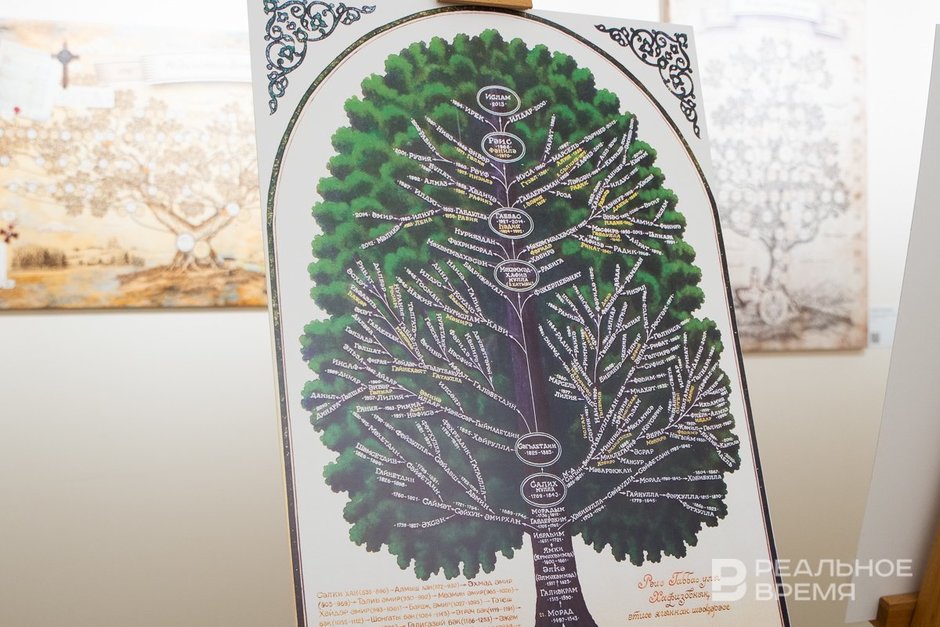
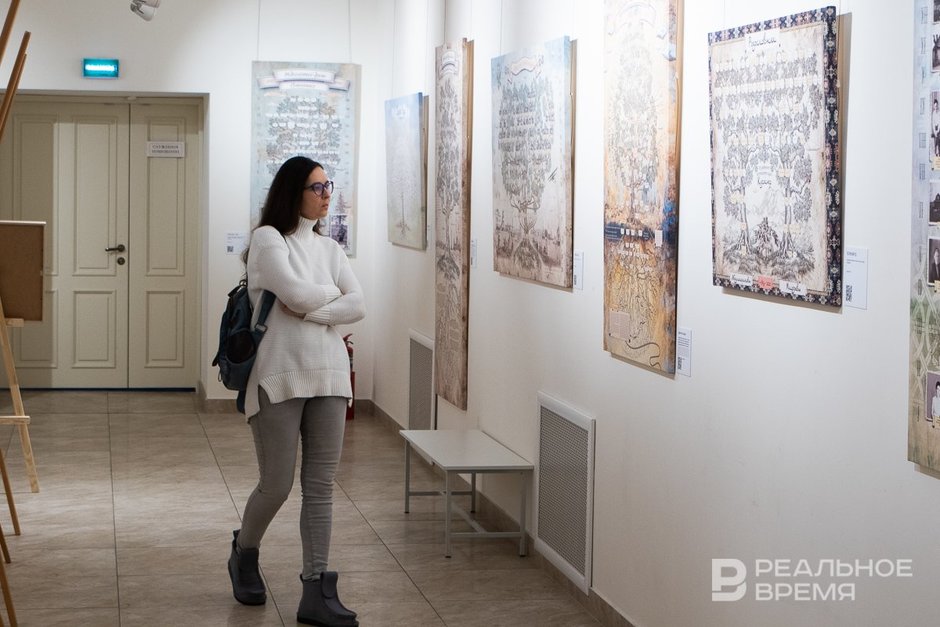
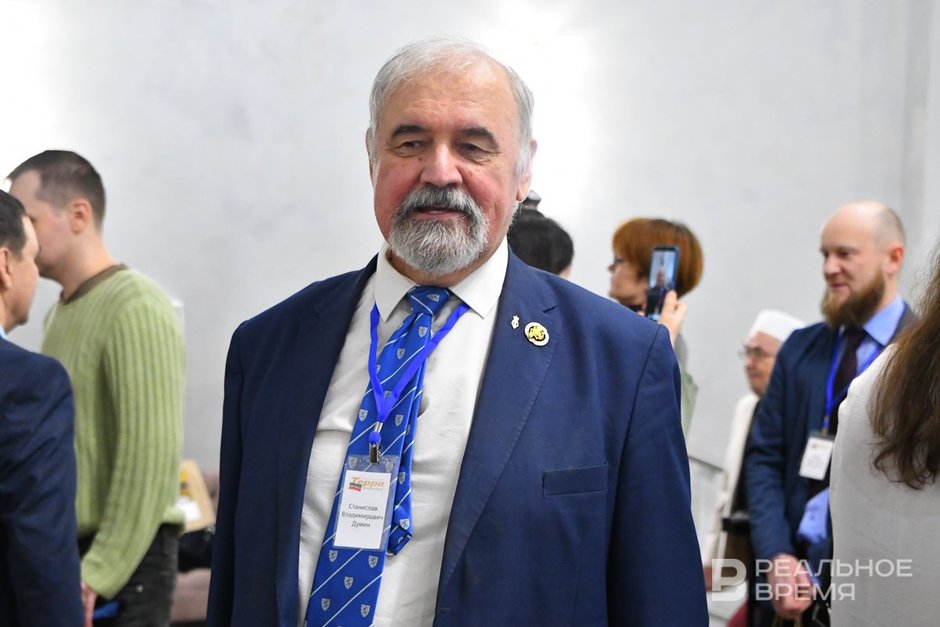
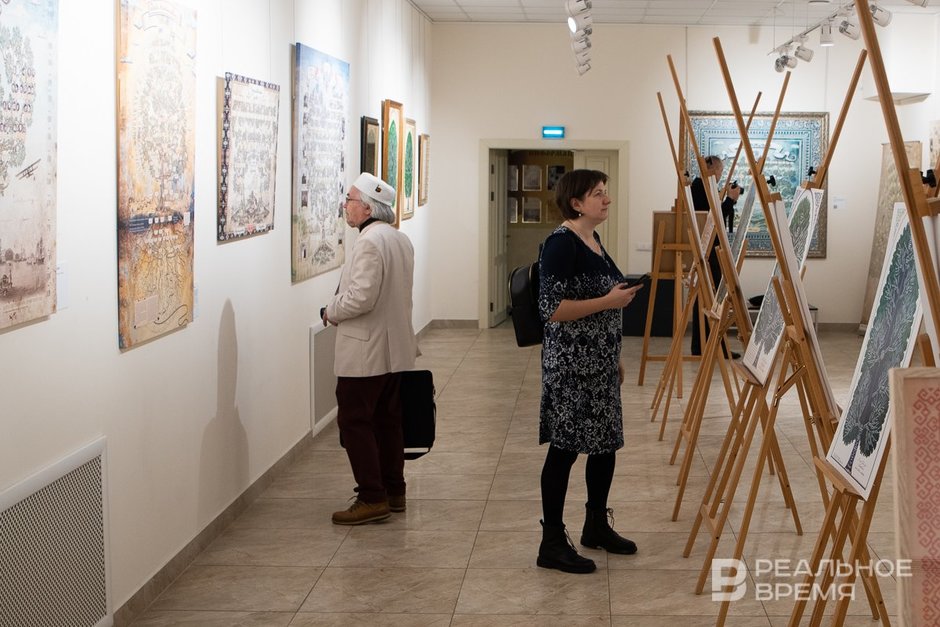
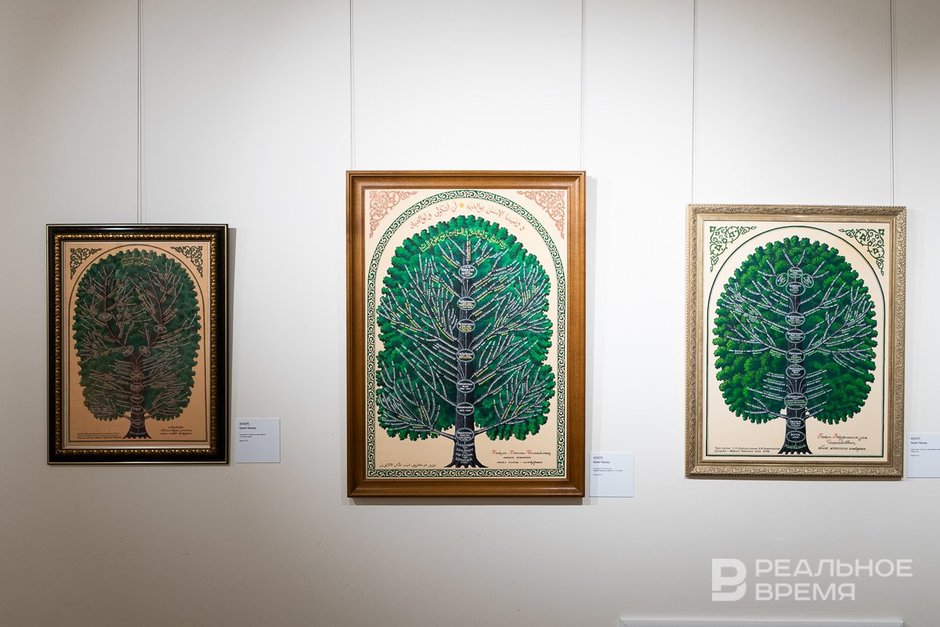
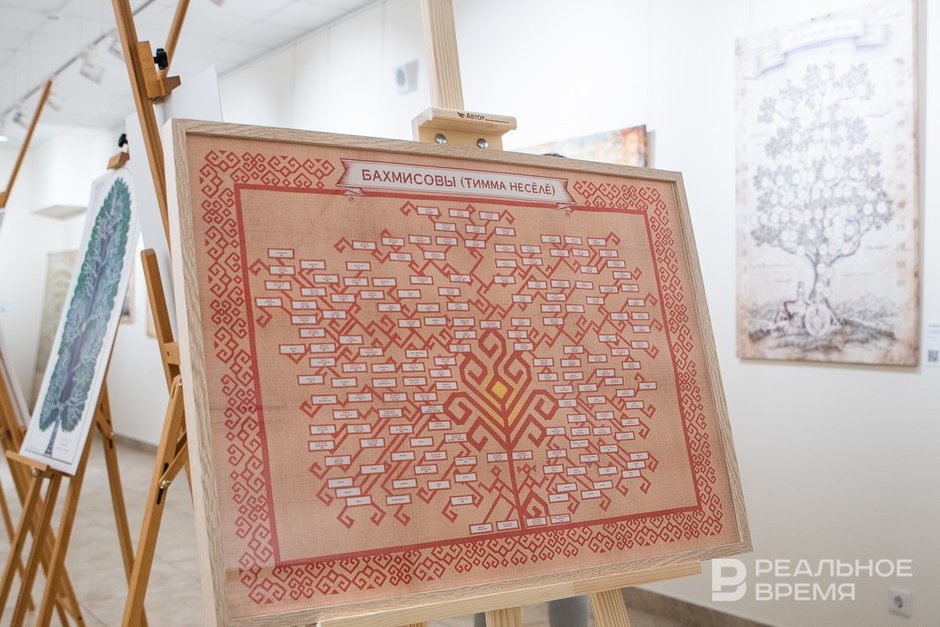
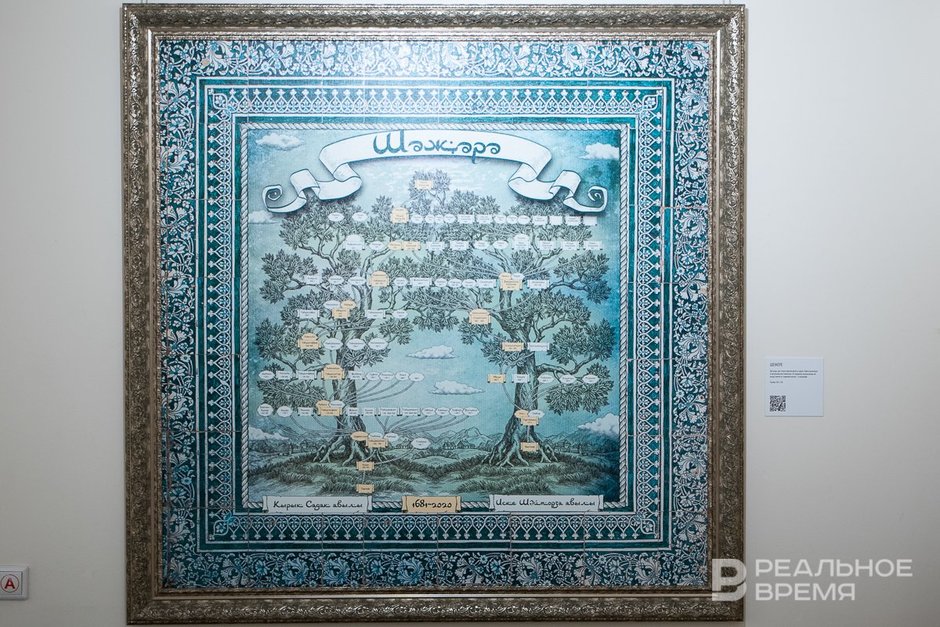
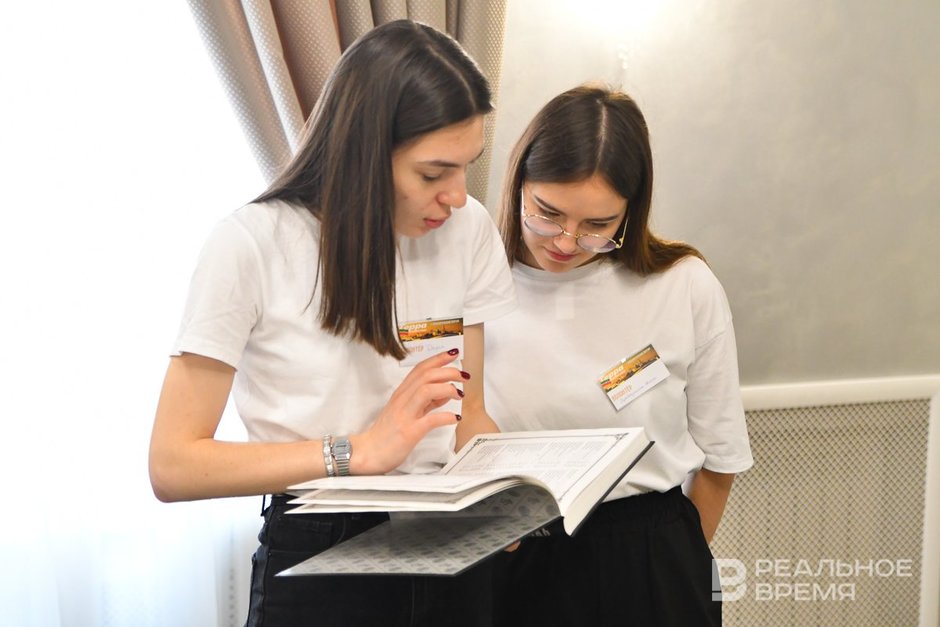
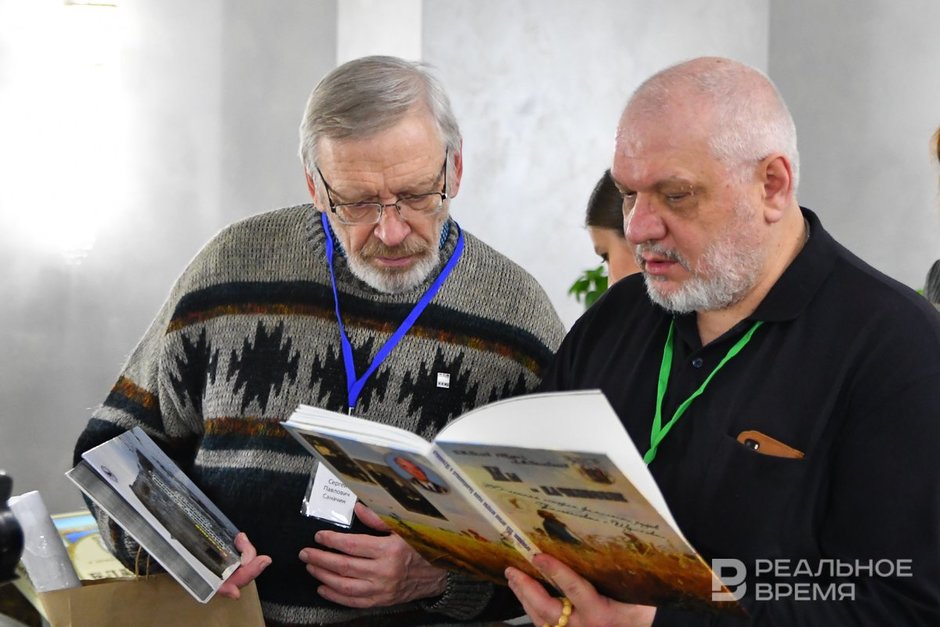
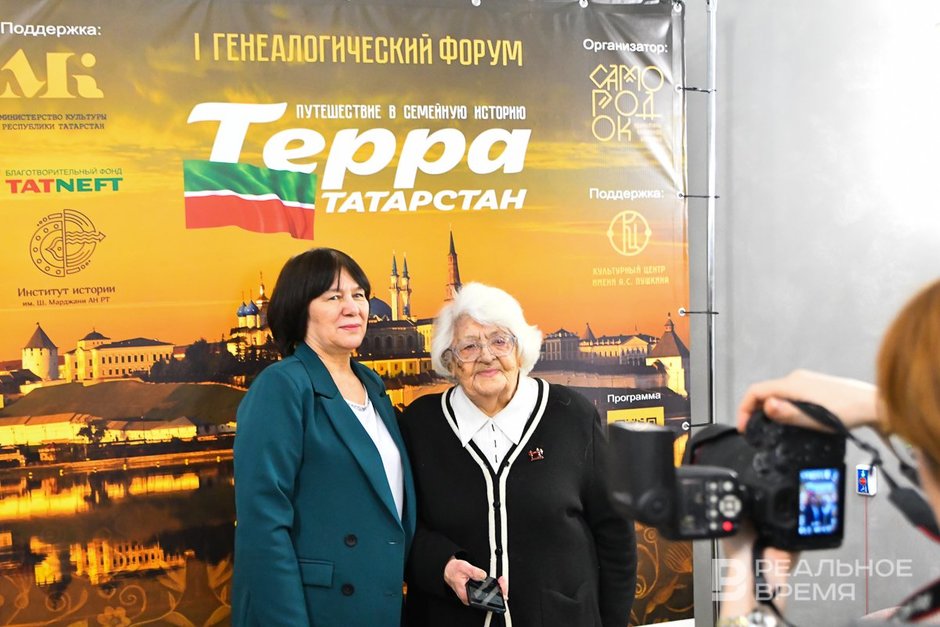
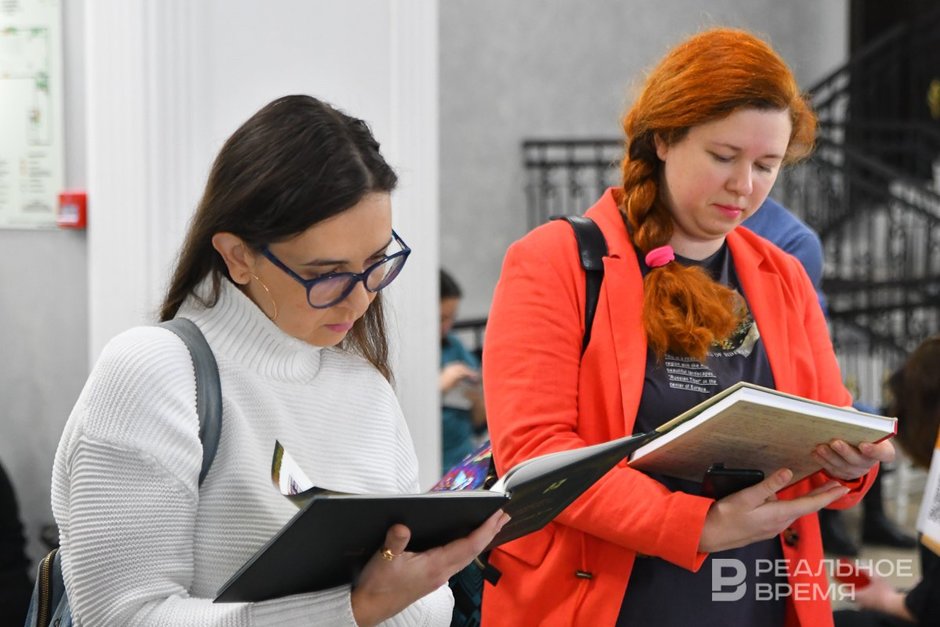

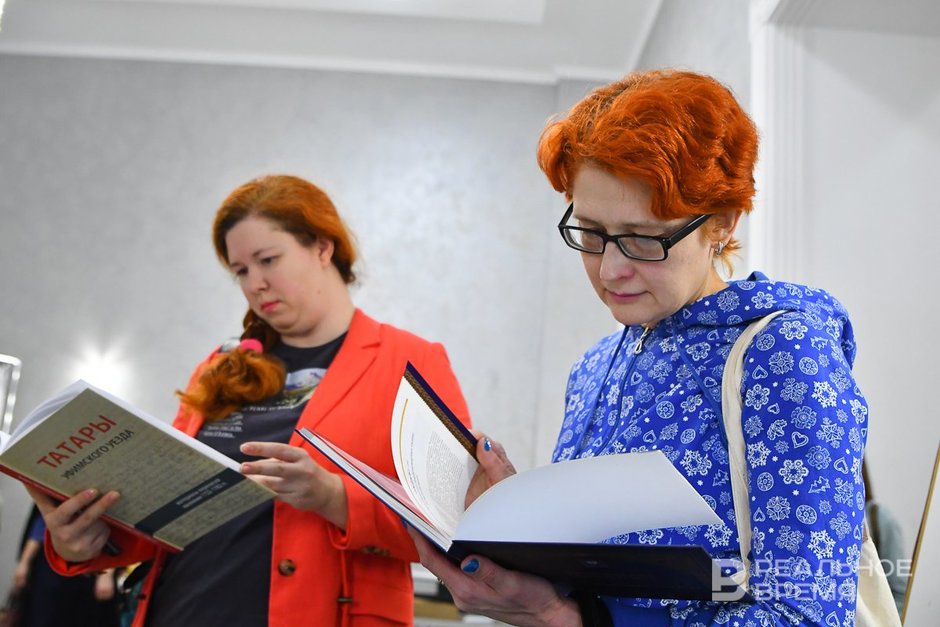
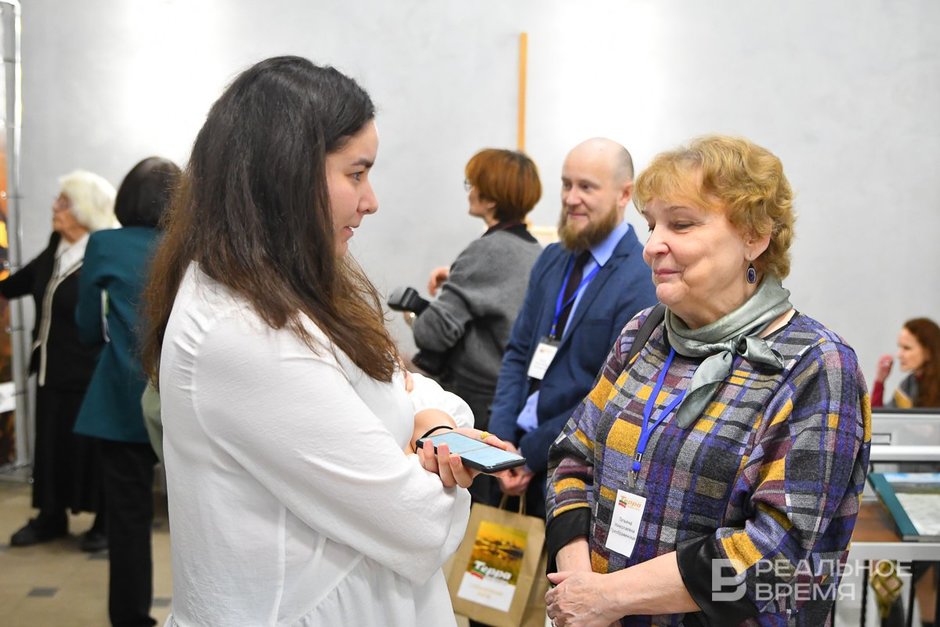
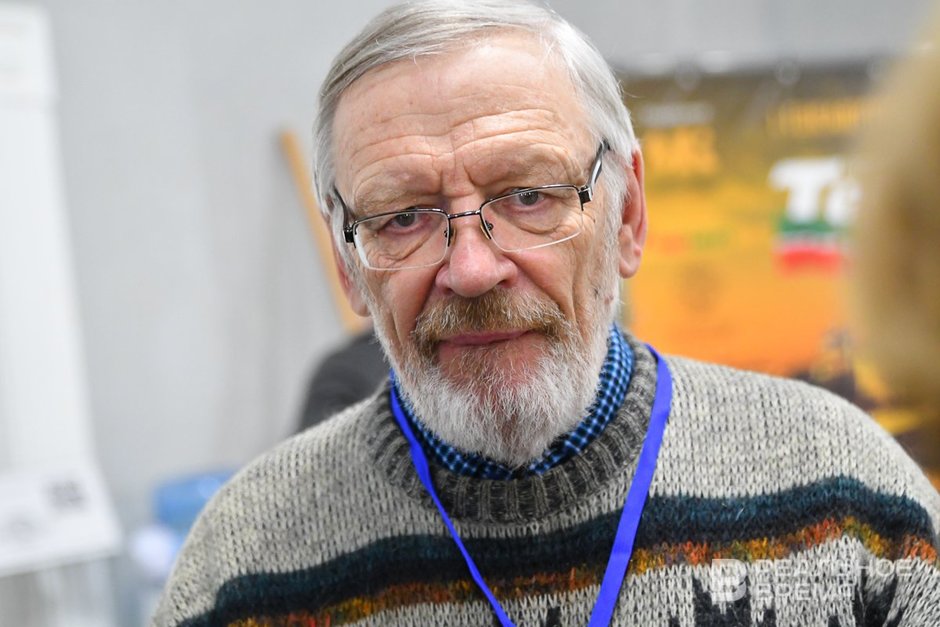
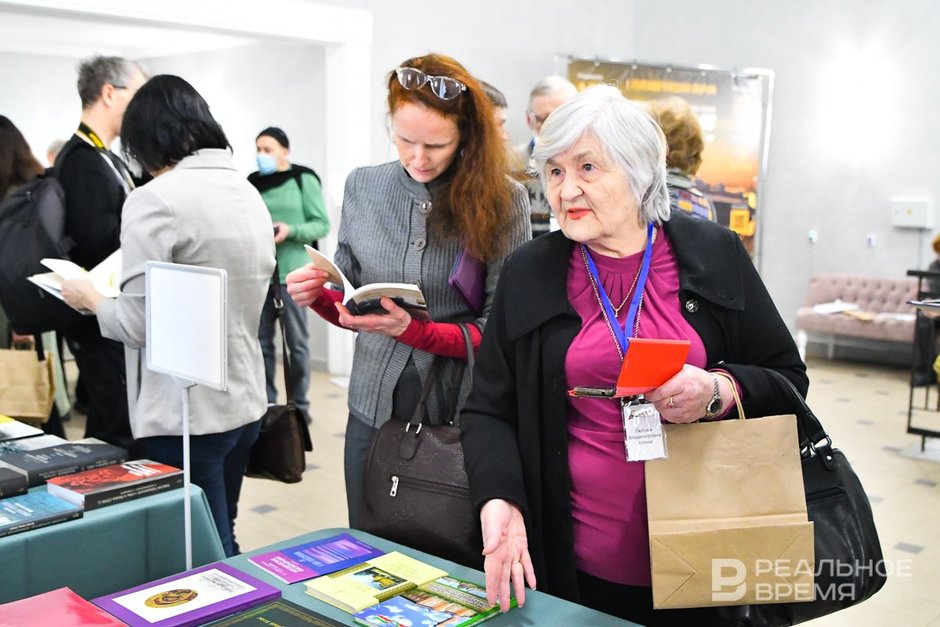
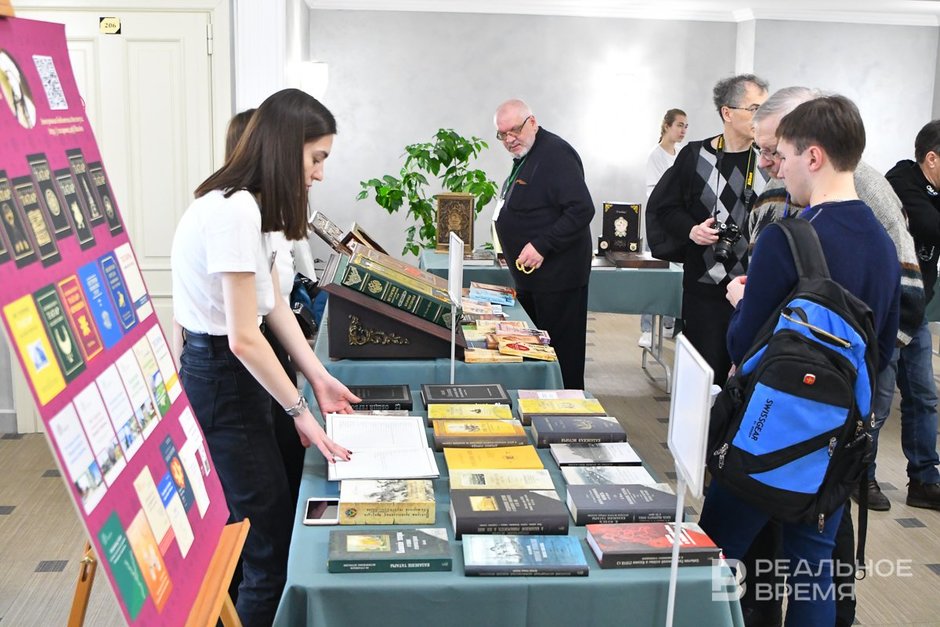
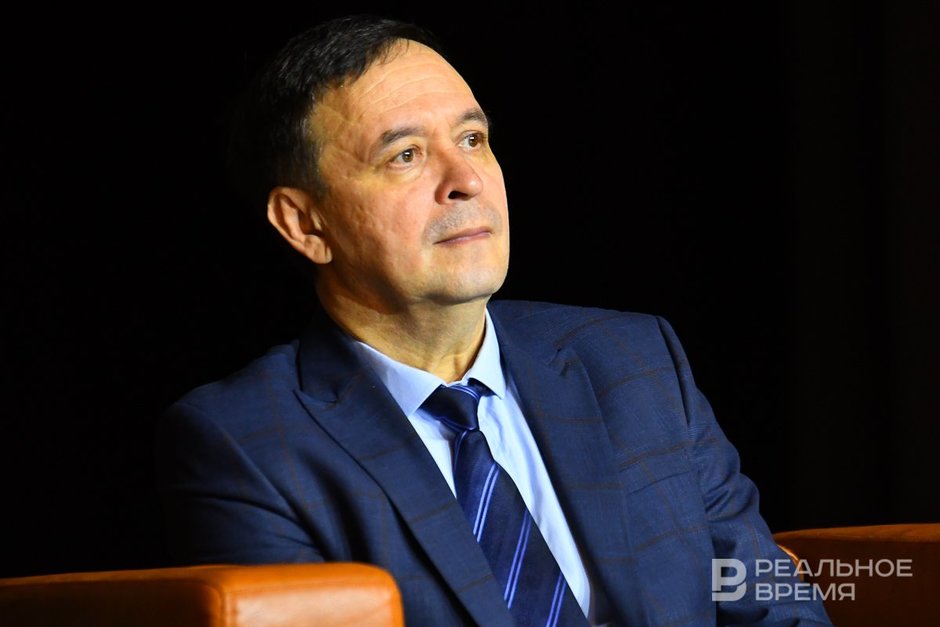
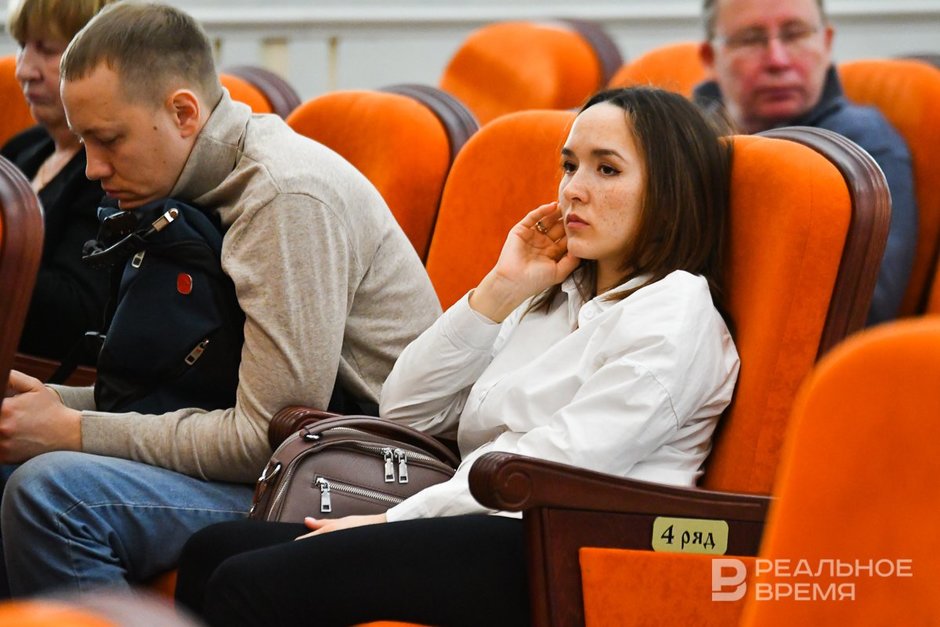
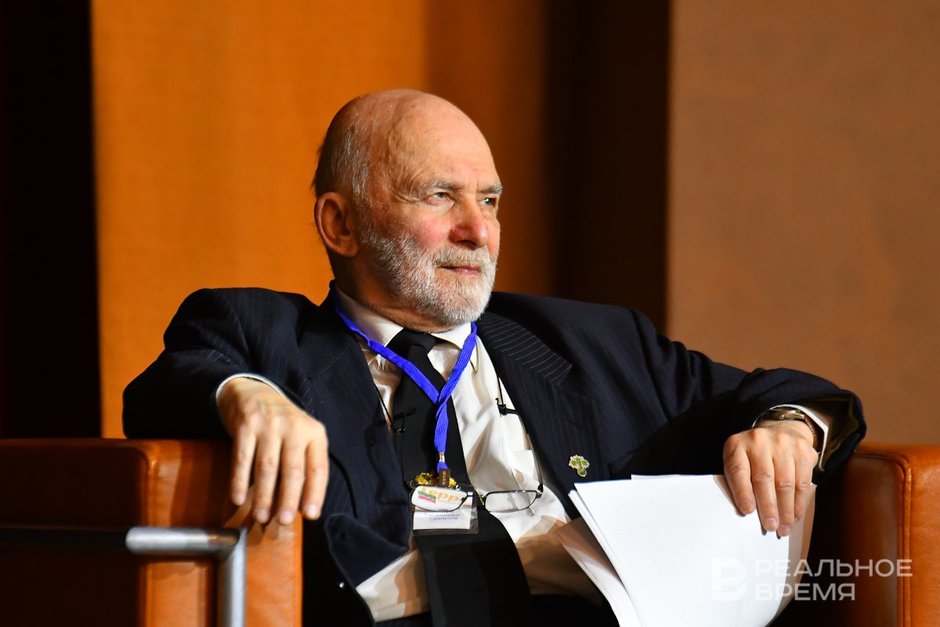
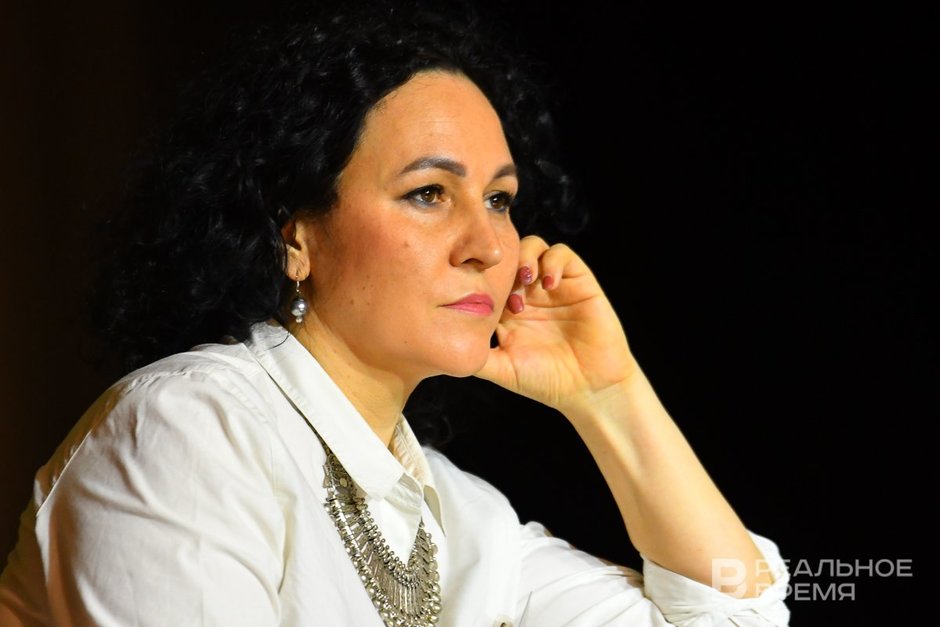
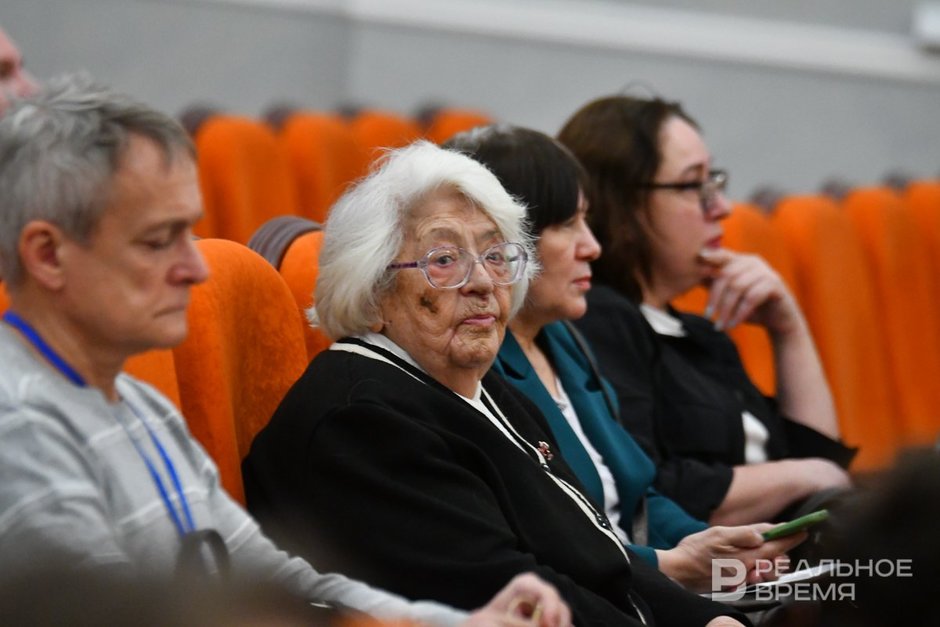
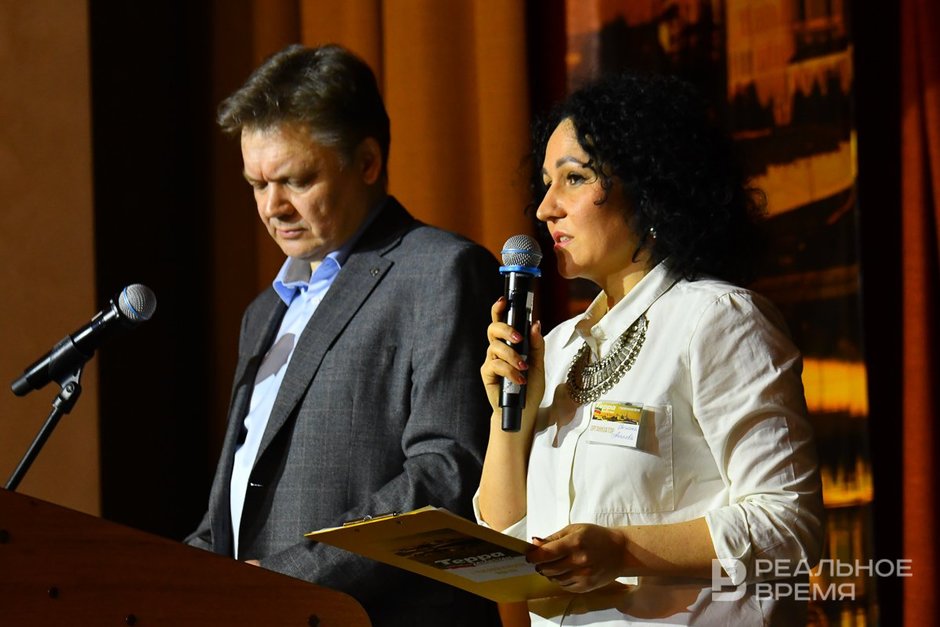
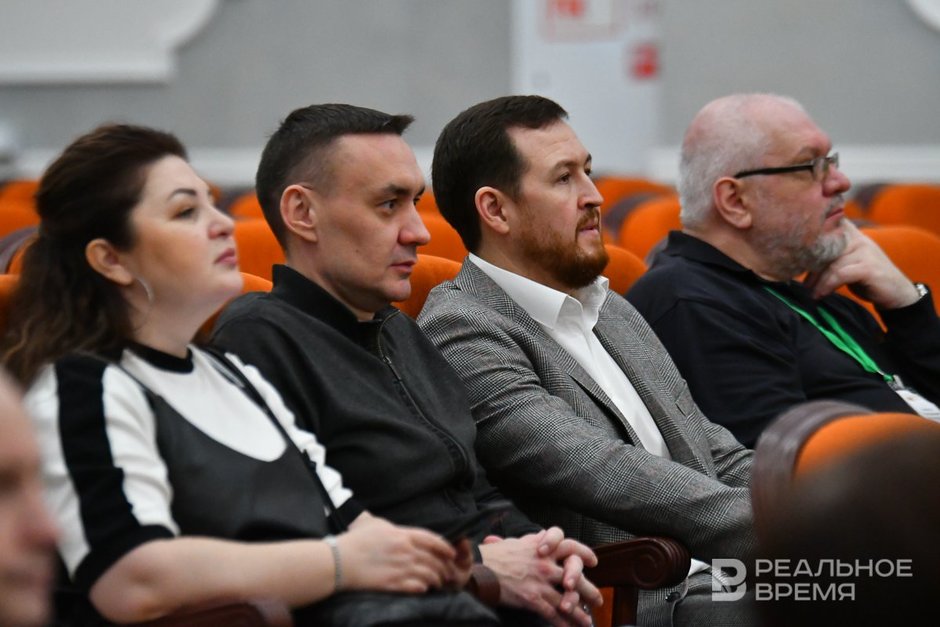
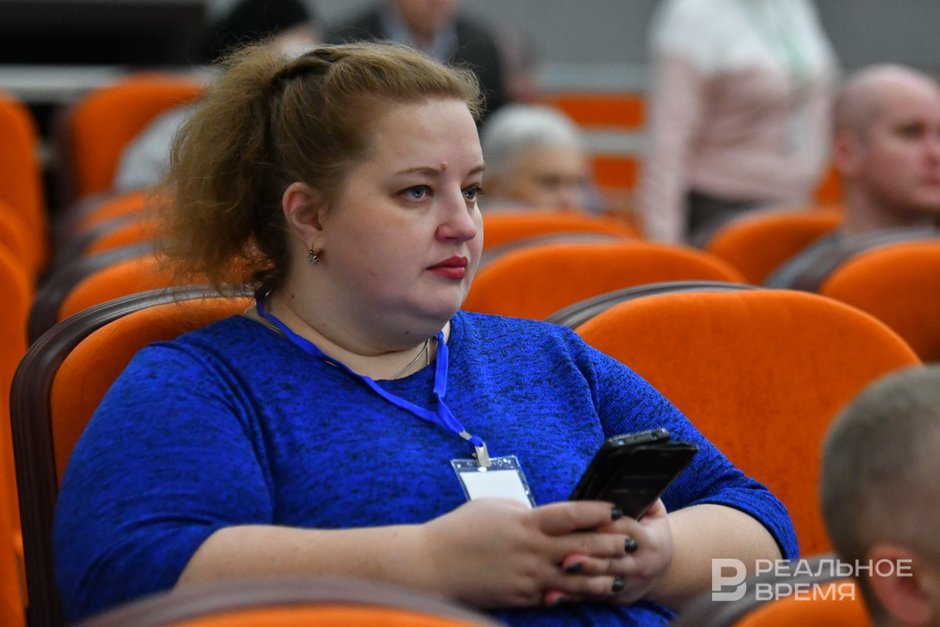
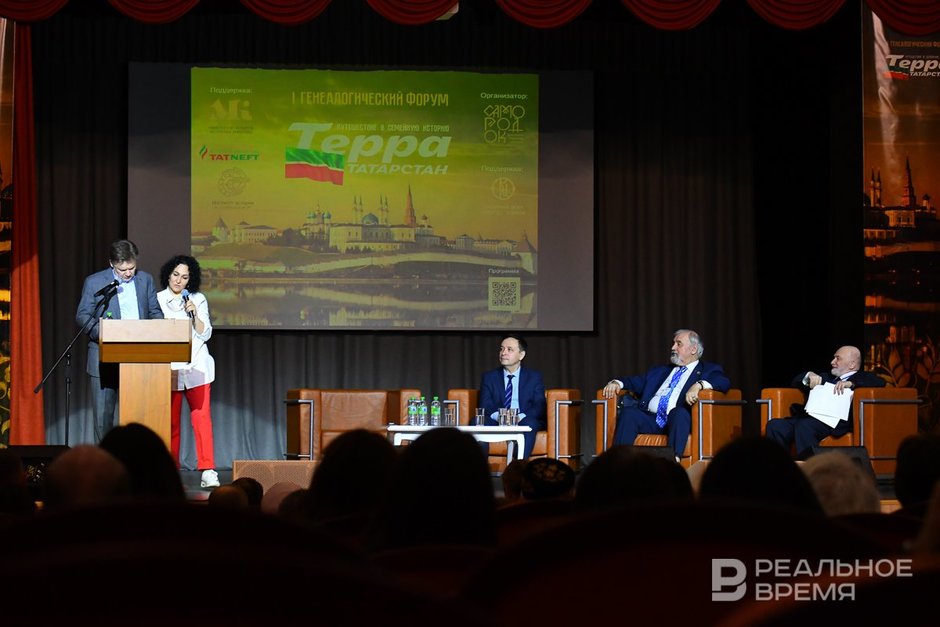
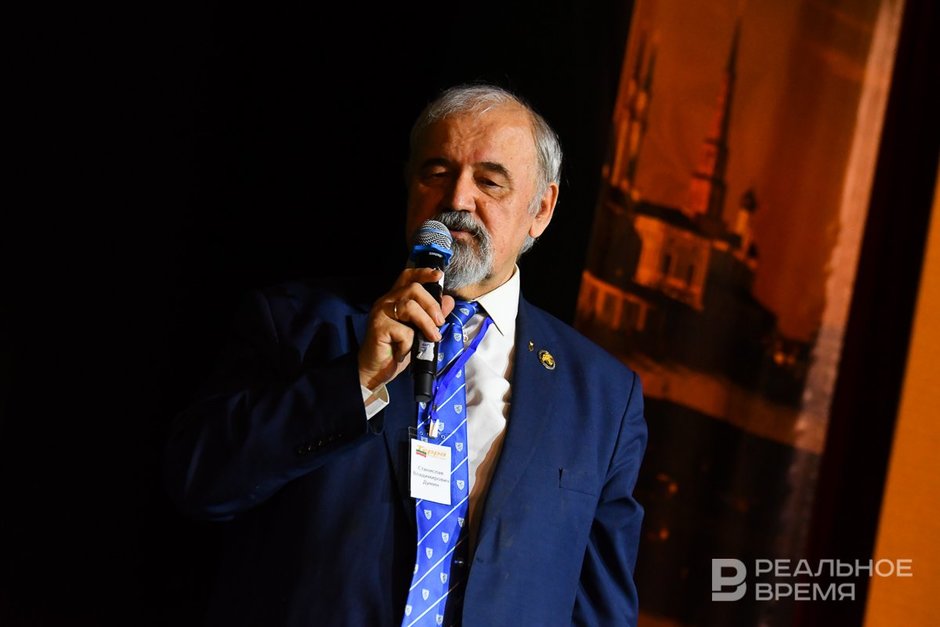
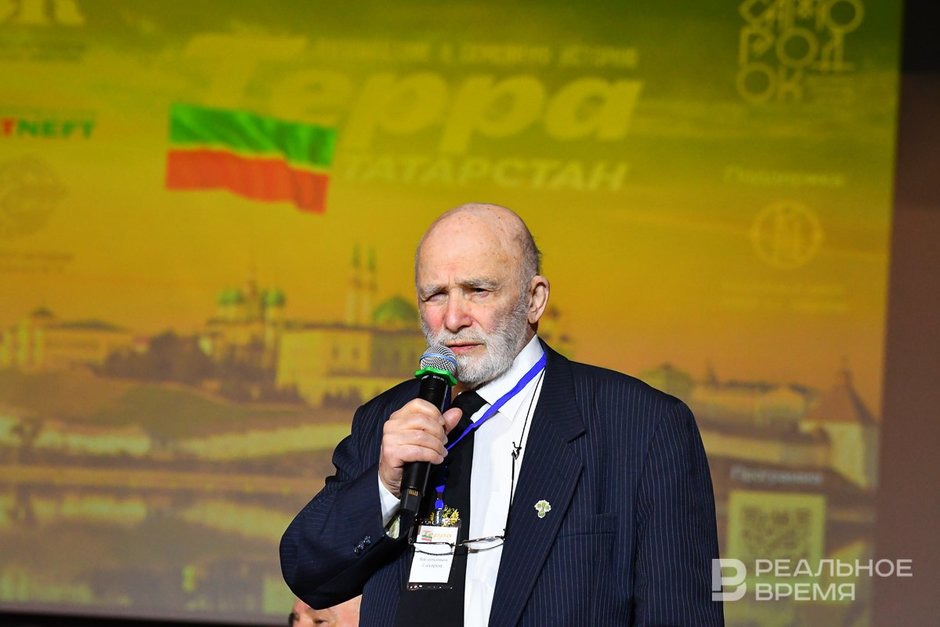
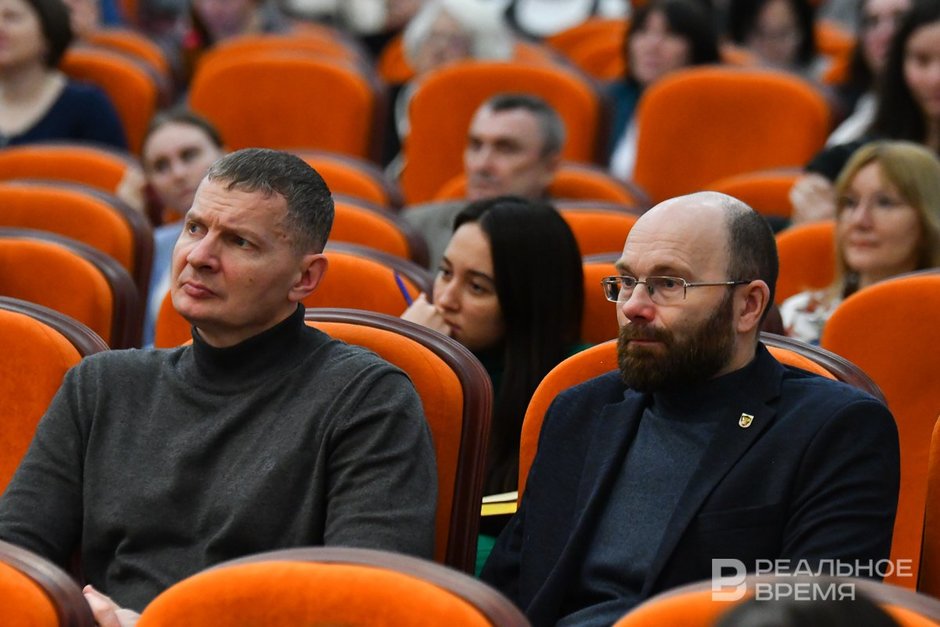
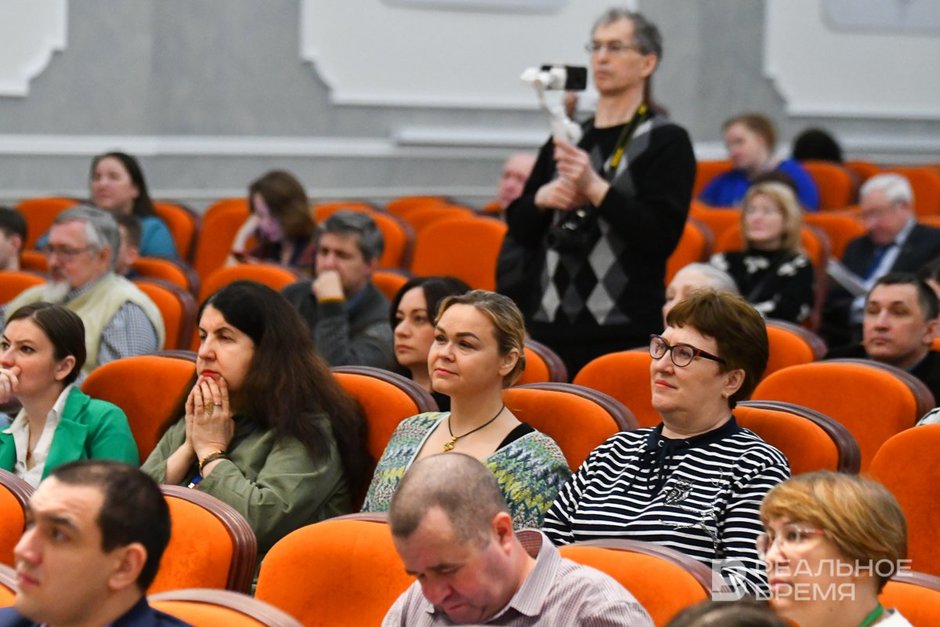
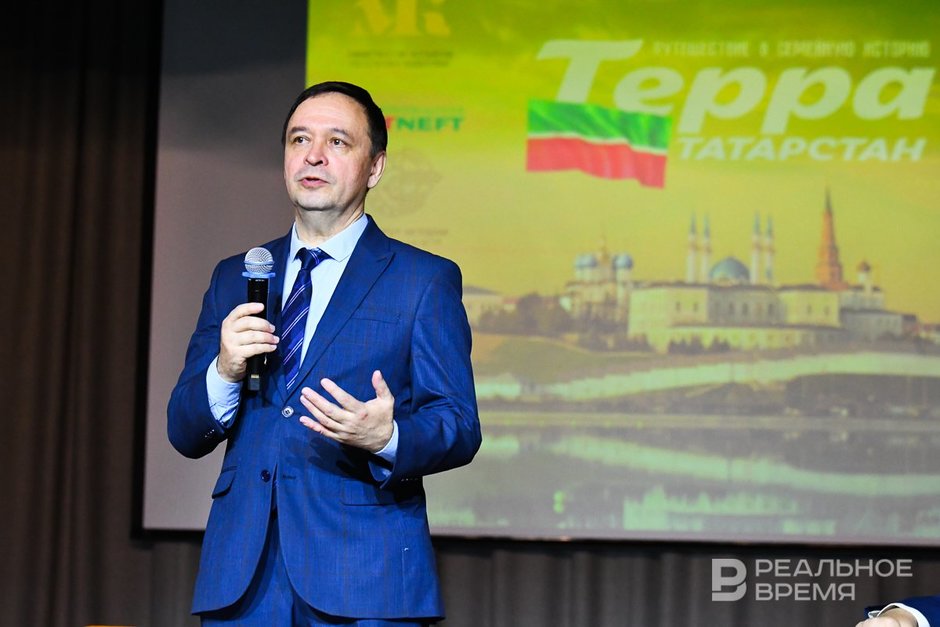
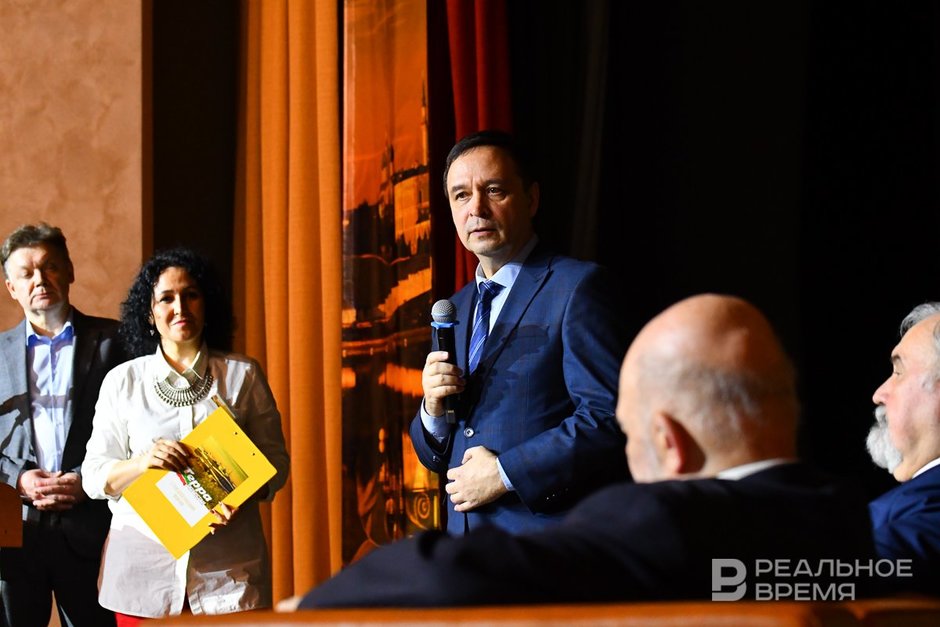
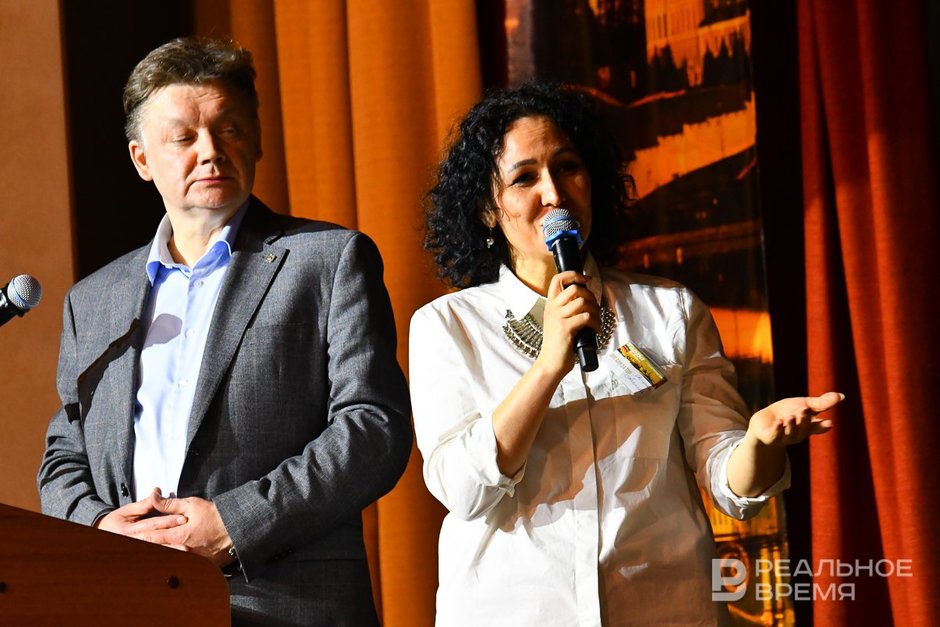
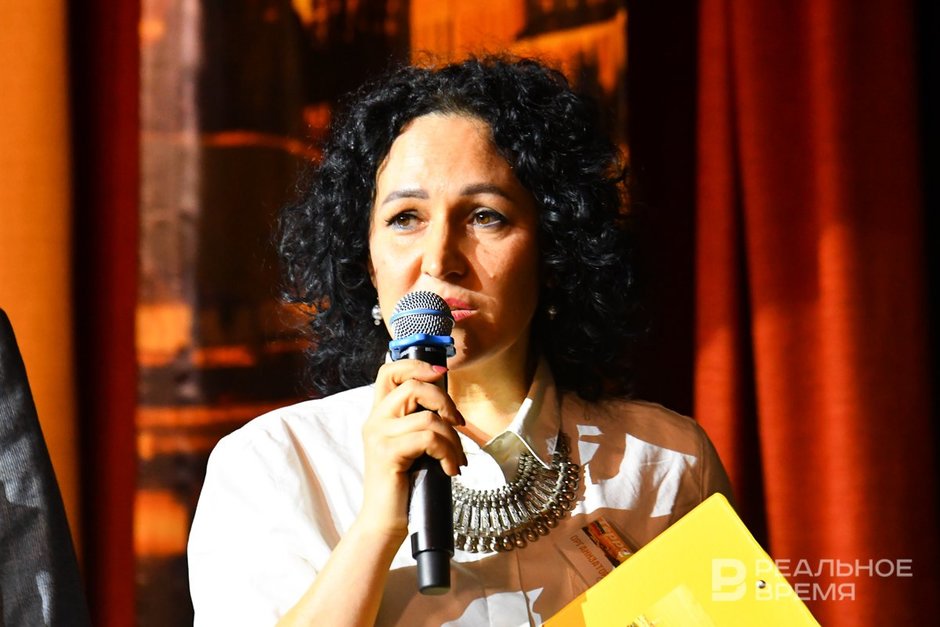
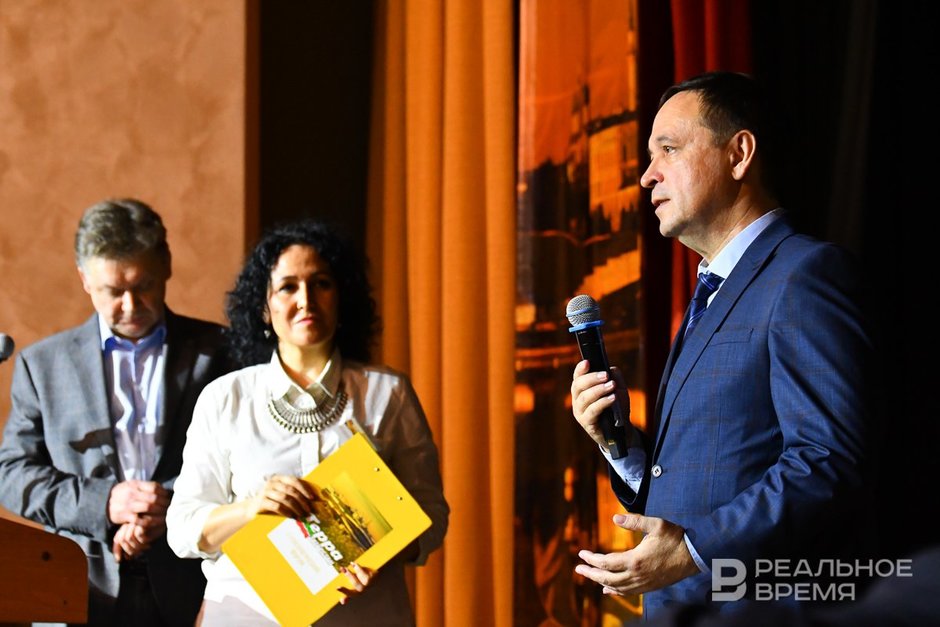
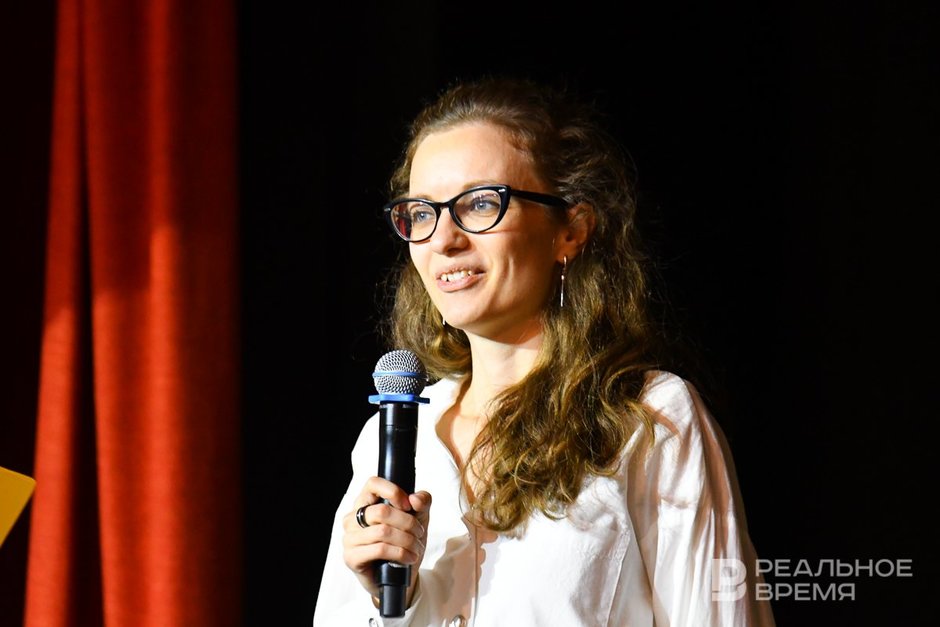
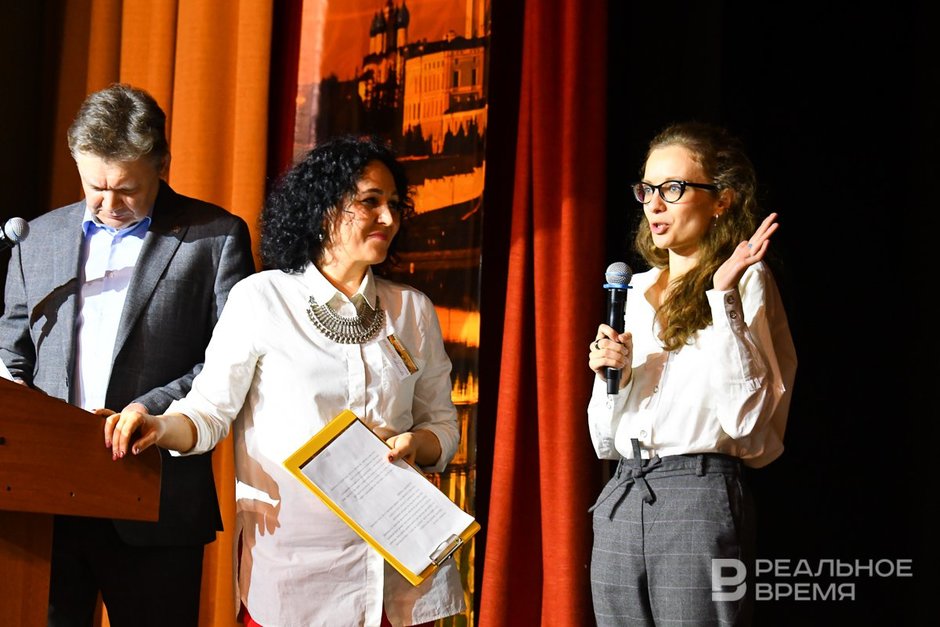
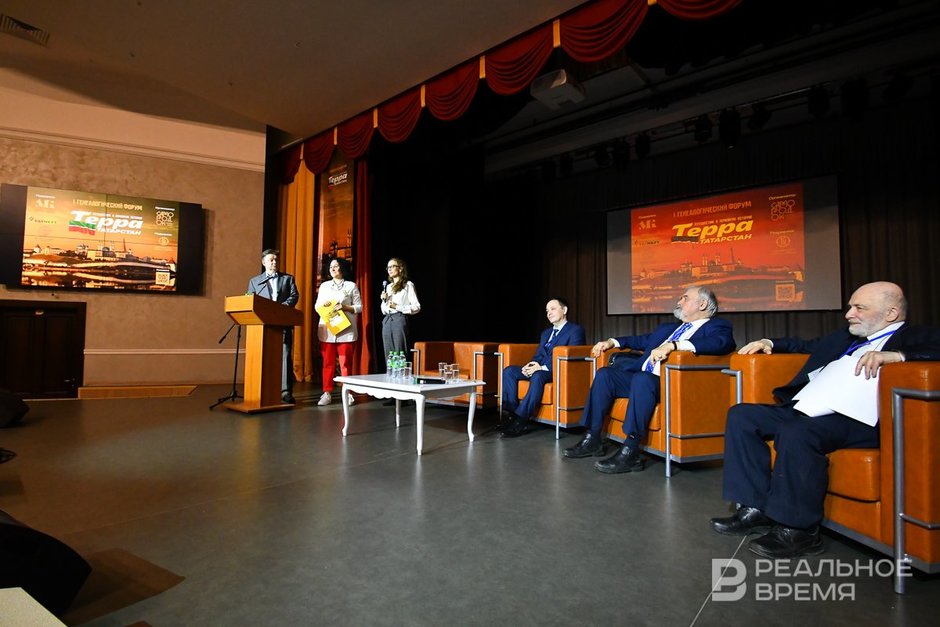
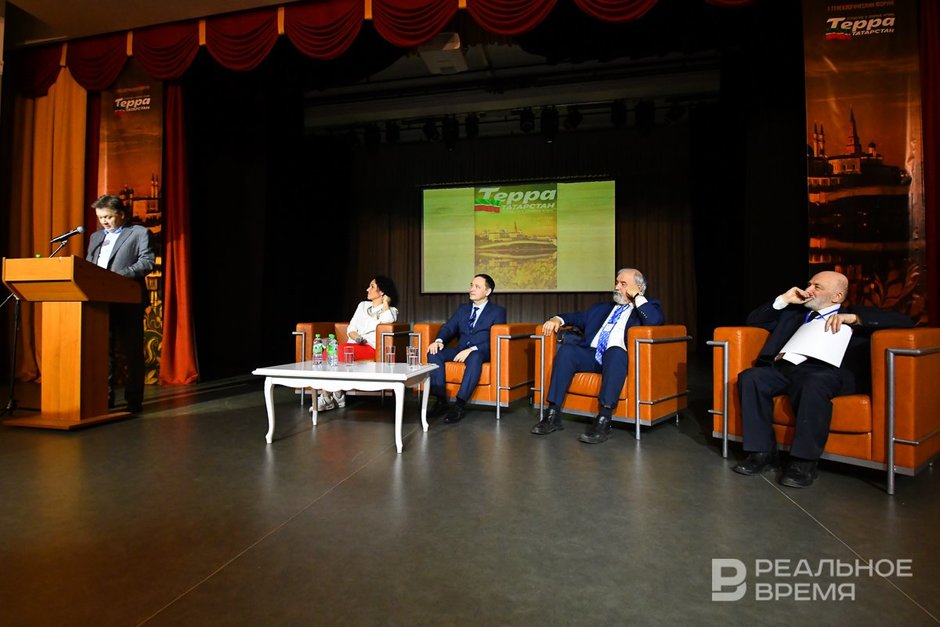
In general, many topics were discussed at the forum. Architect Sergey Sanachin spoke about the genealogy of houses, Necropolist Associate Professor of Kazan Orthodox Theological Seminary Anatoly Eldashev shared the experience of searching for his pedigree since the end of the 19th century. Oleg Vladimirov, an employee of the Institute of History, told how DNA analysis helps in this case. His colleague Dina Gatina-Shafikova talked about generational changes in costumes.
The fact that the interest in the compilation of pedigrees is great was proved by the very first lecture — it was held in a small hall on the third floor of the centre with a full house. Muscovite Alexandra Bodyleva, the creator of the project Gen-Talk. Interview With A Genealogist, she told me how to start doing this, since now a lot of information about relatives can be found on the Internet — it is possible to go virtually to the archive, look at data on soldiers, repressed, audit fairy tales and metrics are available in some places. And how much can you find out by finding a chat of a specific region! Strangers will help you find not only relatives, but also tell you a lot of interesting things about them. Nevertheless, Boldyreva pointed out that no one cancels direct communication with relatives (which cannot be postponed in any way), conversations with neighbours and fellow countrymen from the village.
